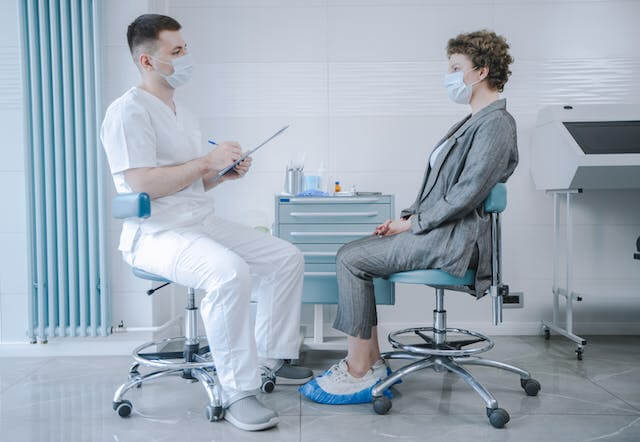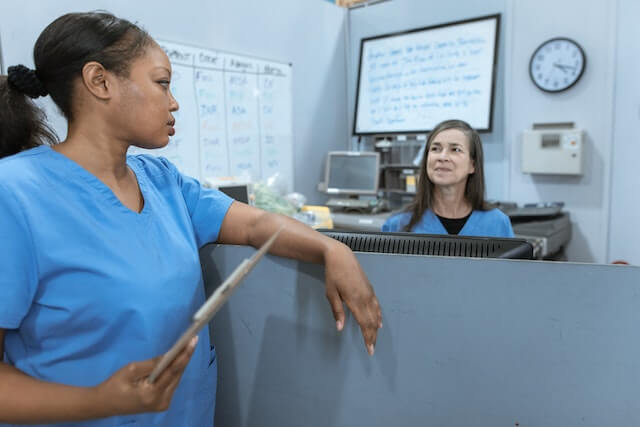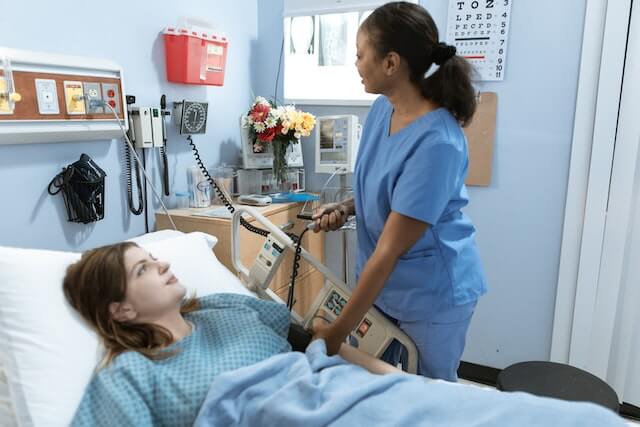With the demand for physicians and mid-level healthcare providers increasing, but the amount of applicants and actual providers decreasing, the market for acquiring talent has been increasingly difficult for many organizations. To make matters worse, a study by McKinsey shows nearly half (48%) of people are leaving their current jobs and moving to an entirely new industry. Worldwide, only 35% who quit in the last two years took on a new role in the same sector. With this large amount of turnover, partially due to burnout from COVID-19, and lowered prospective providers, talent acquisition teams throughout all healthcare organizations have been working harder and becoming more creative with reeling in talent. There are numerous creative pitches being thrown at healthcare providers, with some organizations providing simple perks that may move the needle slightly forward. One perk, however, has not only been a special leverage mechanism for recruiters but also a perk that’s often sought out by prospective employees. Imagine hearing the following creative pitch, which essentially asks a prospective employee to decide whether they would be interested in the following scenario: “How would you like to come to work and leave on time? How would you like to have …
Our physician-designed training program will teach you everything you need to know! You’ll receive hands-on training and extensive on-site experience. Our training programs are the best in the business!





